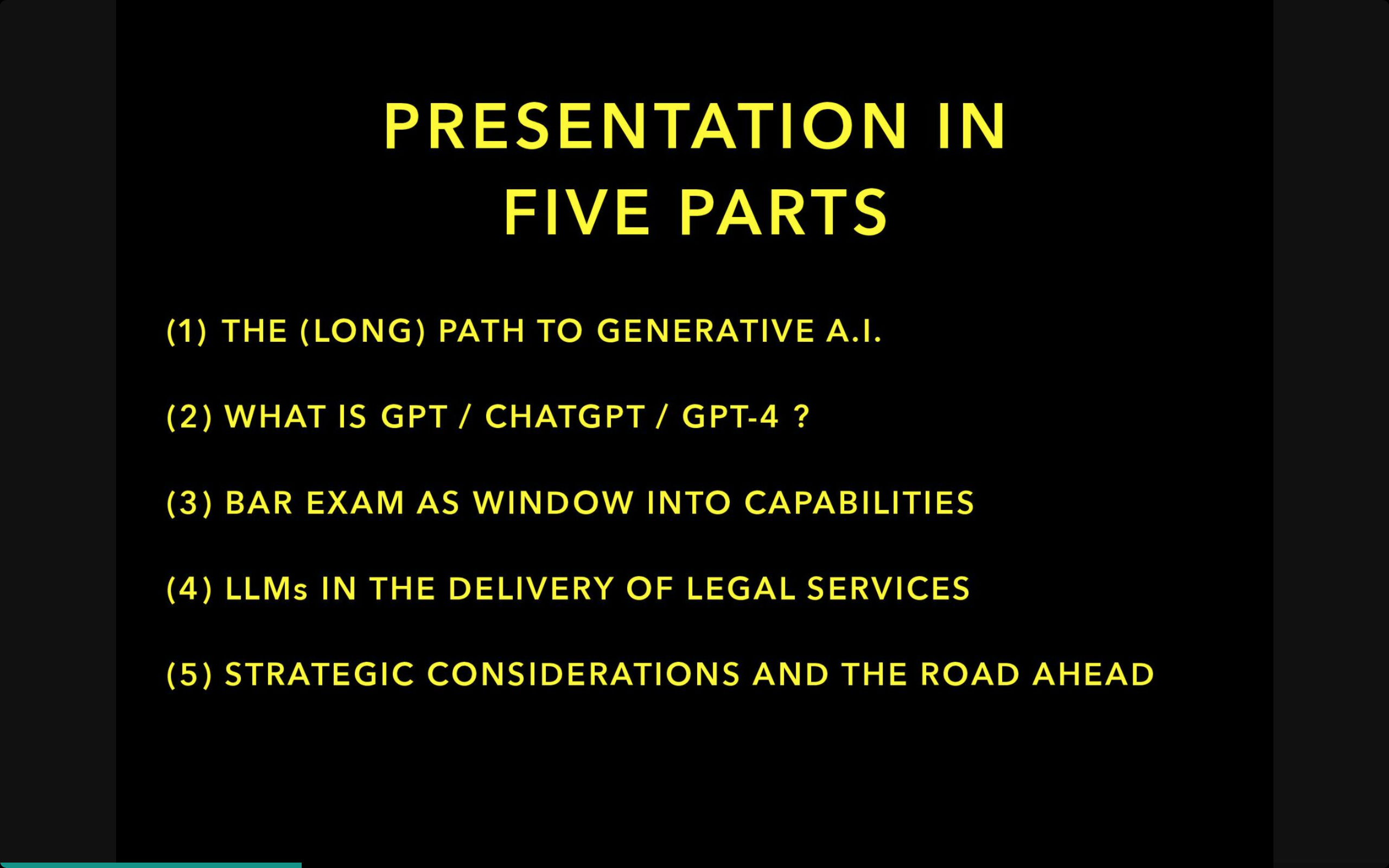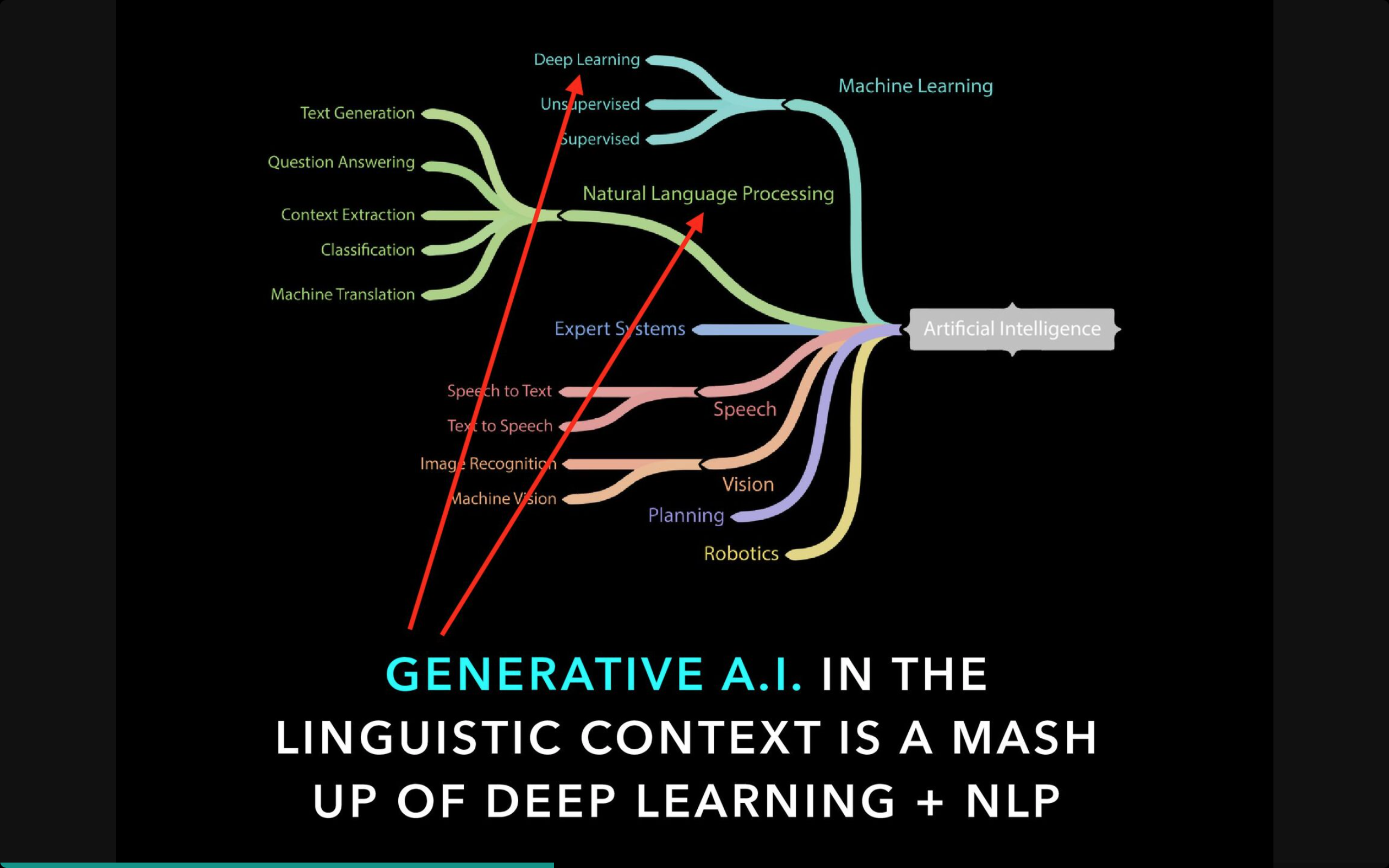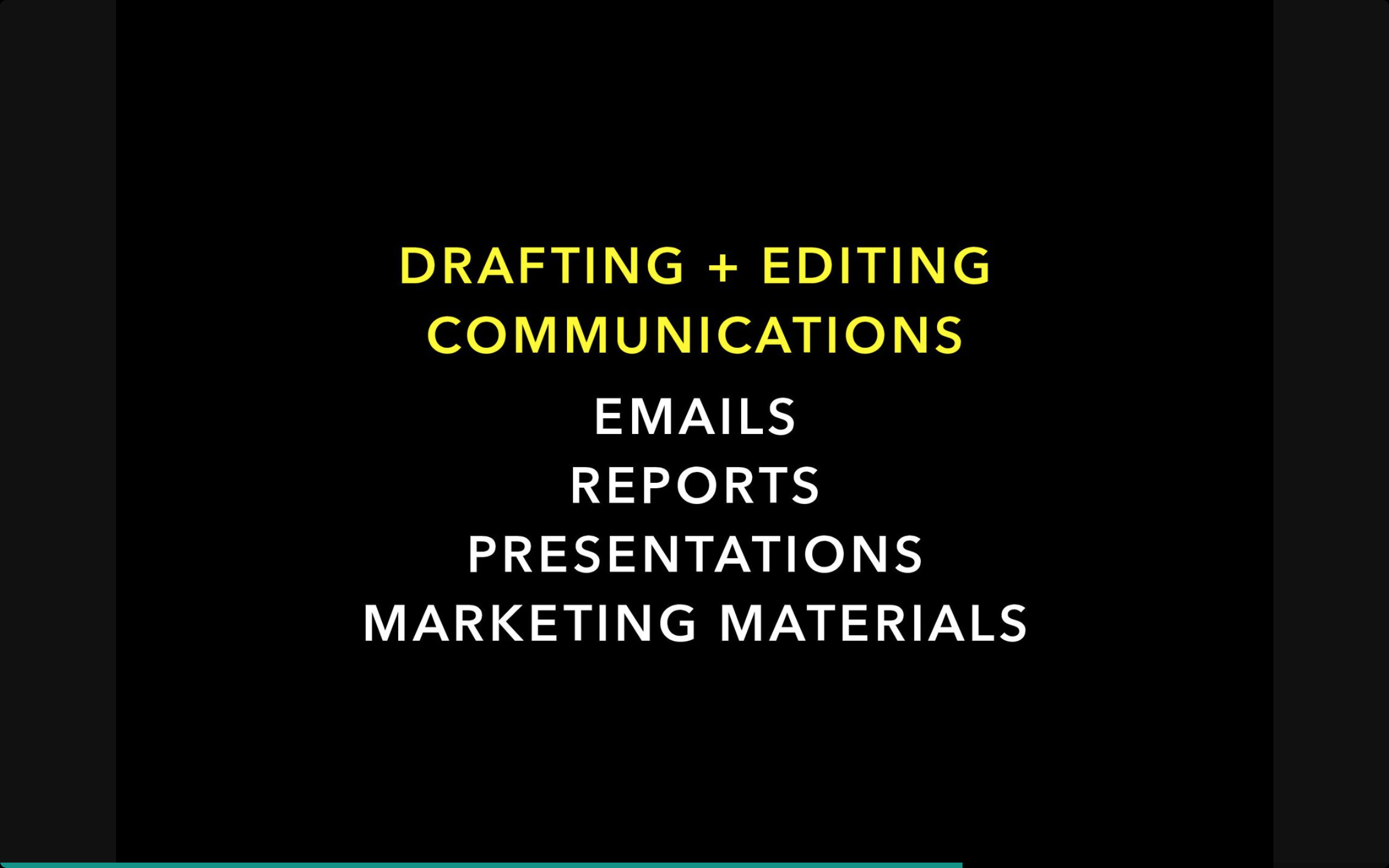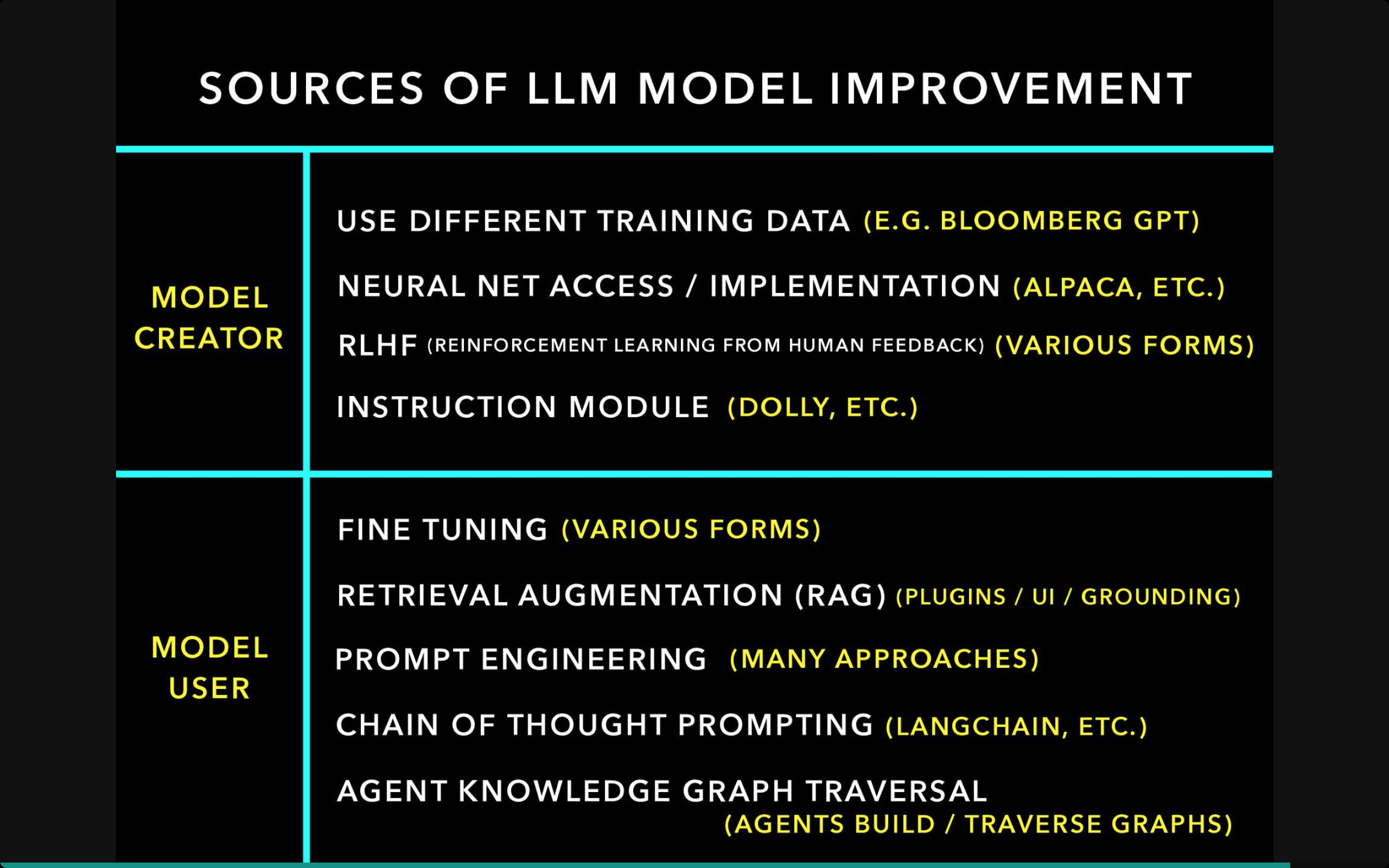Legal Innovators Assemble! Great Speakers for London in November — from artificiallawyer.com
The Legal Innovators UK conference will take place on 8 + 9 November, and we are already assembling a fantastic group of speakers from across the legal innovation ecosystem.
The two-day event comes at a time of potentially massive change for the legal market and we will be bringing you engaging panels and presentations where leading experts really dig into the issues of the day, from generative AI, to the evolution of ALSPs, to law firm innovation teams in this new era for legal tech, to how empowered legal ops groups and pioneering GCs are taking inhouse teams in new directions.
Virtual law firm Scale absorbs Texas IP firm in first acquisition — from reuters.com by Sara Merken
Aug 1 (Reuters) – Virtual law firm Scale said [on 8/1/23] that it has brought on small Texas intellectual property firm Creedon in the first of what it hopes may be a series of acquisitions.
James Creedon and two other attorneys from his firm have joined Scale, a Silicon Valley-founded law firm where lawyers work entirely remotely.
Scale, which debuted in 2020, is among so-called “distributed” or virtual firms that use technology to operate without physical offices and embrace a non-traditional law firm business model.
The lawyers are leaning into AI — from alexofftherecord.com by Alex Su
Despite all the gloom and doom, corporate legal and law firms are both embracing generative AI much more quickly than previous technologies
When I first heard law firms announcing that they were adopting AI, I was skeptical. Anyone can announce a partnership or selection/piloting of an AI vendor. It’s good PR, and doesn’t mean that the firm has truly embraced AI. But when they create their own GPT-powered tool—that feels different. Setting aside whether it’s a good idea to build your own vs. buy, it certainly feels like a real investment, especially since the firms are dedicating significant internal resources to it.
Today I’ll discuss why generative AI is diffusing across law firms much more quickly than expected.
Leading your law firm into the Gen AI Era — from jordanfurlong.substack.com by Jordan Furlong
Lawyers are embracing its promise. Clients want to reap its rewards. Here are three ways your firm can respond to the immense disruption and extraordinary opportunity of Generative AI.
- Move fast to implement project and client pricing.
- Prepare to hire fewer associates and to rethink partnership.
- Establish a fresh approach to developing future law firm leaders.
…
Above resource via BrainyActs — who mentioned that the QR code takes you to this survey. Just 3 simple questions.
Q1: Agree/Disagree: Artificial Intelligence (AI) won’t replace lawyers anytime soon. Lawyers who use AI will replace lawyers who do not use AI.
Q2: Agree/Disagree: Non-lawyers should be allowed to have an ownership interest in a law firm.
Q3 Agree/Disagree: Trained non-lawyers should be allowed to advocate for parties in lower courts.
Generative AI In The Law: Where Could This All Be Headed? — from abovethelaw.com
Findings from a new Wolters Kluwer / Above the Law survey.
To get a sense of what the legal industry predicts, Above the Law and Wolters Kluwer fielded a survey of 275 professionals from March to mid-April 2023. We asked about AI’s potential effects in varied areas of the legal industry: Will it differentiate successful firms? Which practice areas could be affected the most? Could even high-level work be transformed?













